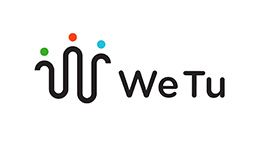WeLearn
Empowering Green Workforce Development in Rural Kenya
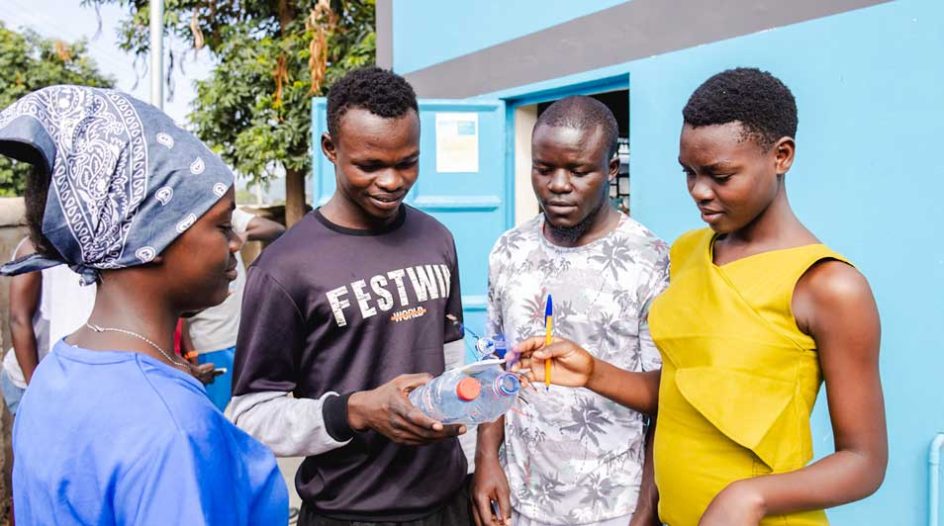
Kenya is transforming its energy sector and rapidly shifting to renewable energy with a target of attaining 100% sustainable energy by 2030. It requires a workforce to fuel this green transition. Education is one of the most critical factors that determines income and social development. In partnership with social enterprise WE!Hub Victoria Limited (WeTu), Siemens Stiftung offers the educational project WeLearn. In the five-week course, school graduates (50% girls) receive vocational orientation and technical skills. Talented and motivated participants are given the opportunity to complete an additional ten-day training course and take the exam to become a certified solar technician. Rooted in STEM subjects, the project aims to bridge the skill gap between theory and technical application required for the green economy.
Project
Hands-on minds-on training for a sustainable economy
Siemens Stiftung has launched the educational project WeLearn for school graduates with a focus on girls to broaden their horizon and interest for further training in technical and vocational education. The objective is to introduce rural youth to technical skills required for labor intensive technologies and to strengthen their capacity to take up green jobs in the future.
To implement the project, the internationally operative foundation has joined forces with Kenyan social enterprise WeTu (founded by Siemens Stiftung in 2019). WeTu operates in the Lake Victoria region providing sustainable solutions in the energy, water, mobility, and agriculture sectors.
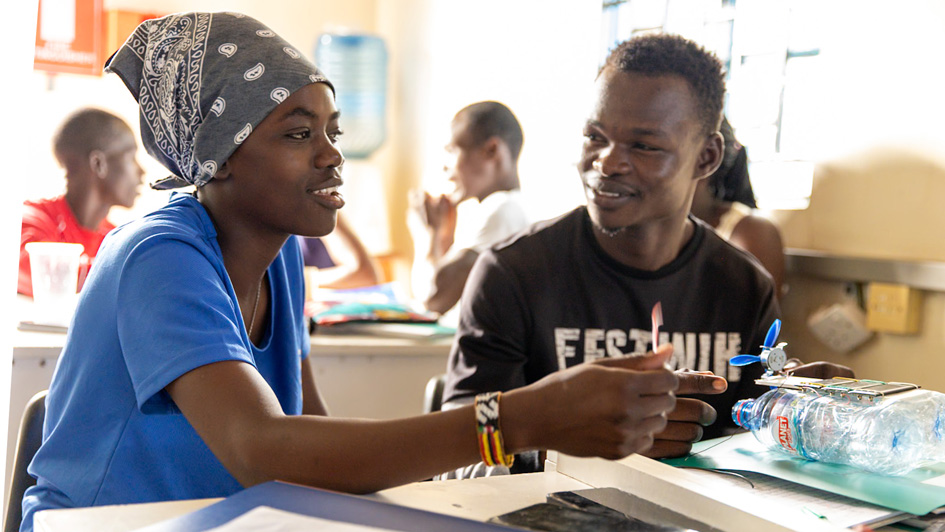
TVET scholarships for WeLearn graduates
TVET stands for Technical and Vocational Education and Training. Since september 2024, WeLearn graduates have the opportunity to receive a TVET scholarship. The scholarship includes: Tuition fee to study in the nearest TVET college the Siala Technical Training Institute along with financial support for the entire training period.
Often talented and motivated graduates are unable to continue their education due to a lack of financial resources. The scholarship provides targeted investment in vocational training for young people to enable sustainable training.
Sustainable development through practical skills
Training at the WeTu innovation hub
As certified teachers, WeLearn trainers contribute their pedagogical expertise and knowledge of the Kenyan school system to the project. At the WeTu water and energy hubs they offer practical training courses for school graduates. These hubs serve as real-life learning labs, providing students with hands-on experience in practical and technical skills, such as operating solar pumps, charging stations for electric vehicles and the installation of solar panels. Additionally, the students are trained by the expert WeTu team in acquiring business and social entrepreneurship skills. The WeTu expert team is entirely composed of local professionals – including women who serve as role models for the participants.
Workforce skills development in rural areas
The WeLearn project contributes to cultivating a proficient and inclusive labor force. It equips the youth from the rural communities with skills that otherwise they will not have the opportunity to hone. The project diversifies the local workforce by offering young women and men the essential skills and career readiness programs required to take on roles in the green evolving sector. A more skilled workforce leads to the growth of local industry segments and ultimately fosters sustainable development. Furthermore, WeLearn supports UN Sustainable Development Goals such as “Quality Education,” “Gender Equality,” and “Climate Action.”
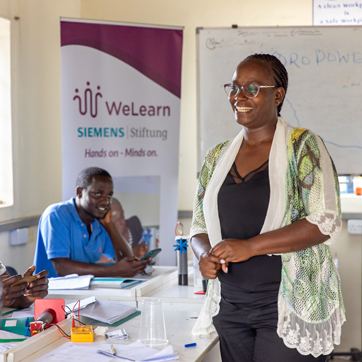
Participants report
“Empowering Girls in Green Technology”: A video provides insights into WeLearn’s training program.
Impact
4
Cohorts (20 participants each) since 2024 took part in the program
18
Graduates at TVET-College with specialization “Green Energy”
5
Scholarships granted for studying at Siala TVET College
16
Graduates certified as “Solar Technician T1-Level”
50%
of participants took a career in a technical field
WeLearn supports the following UN sustainability goals:
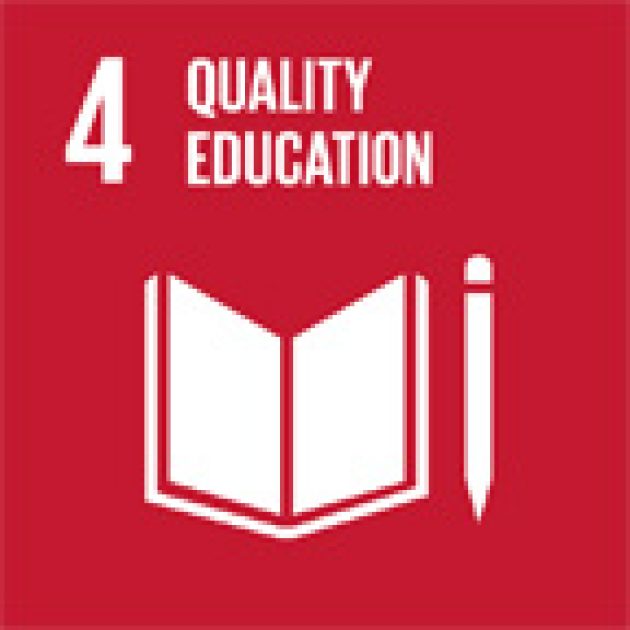
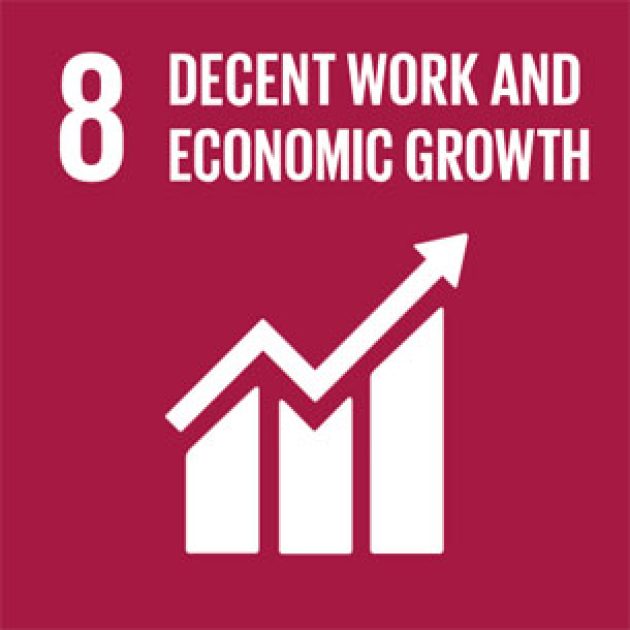
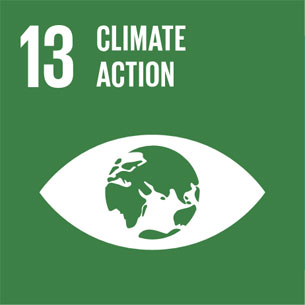
Contact
Do you want to work with us? Do you have questions?
Project manager
Rebecca Ottmann
rebecca.ottmann@siemens-stiftung.org
+49 174 155 94 83



